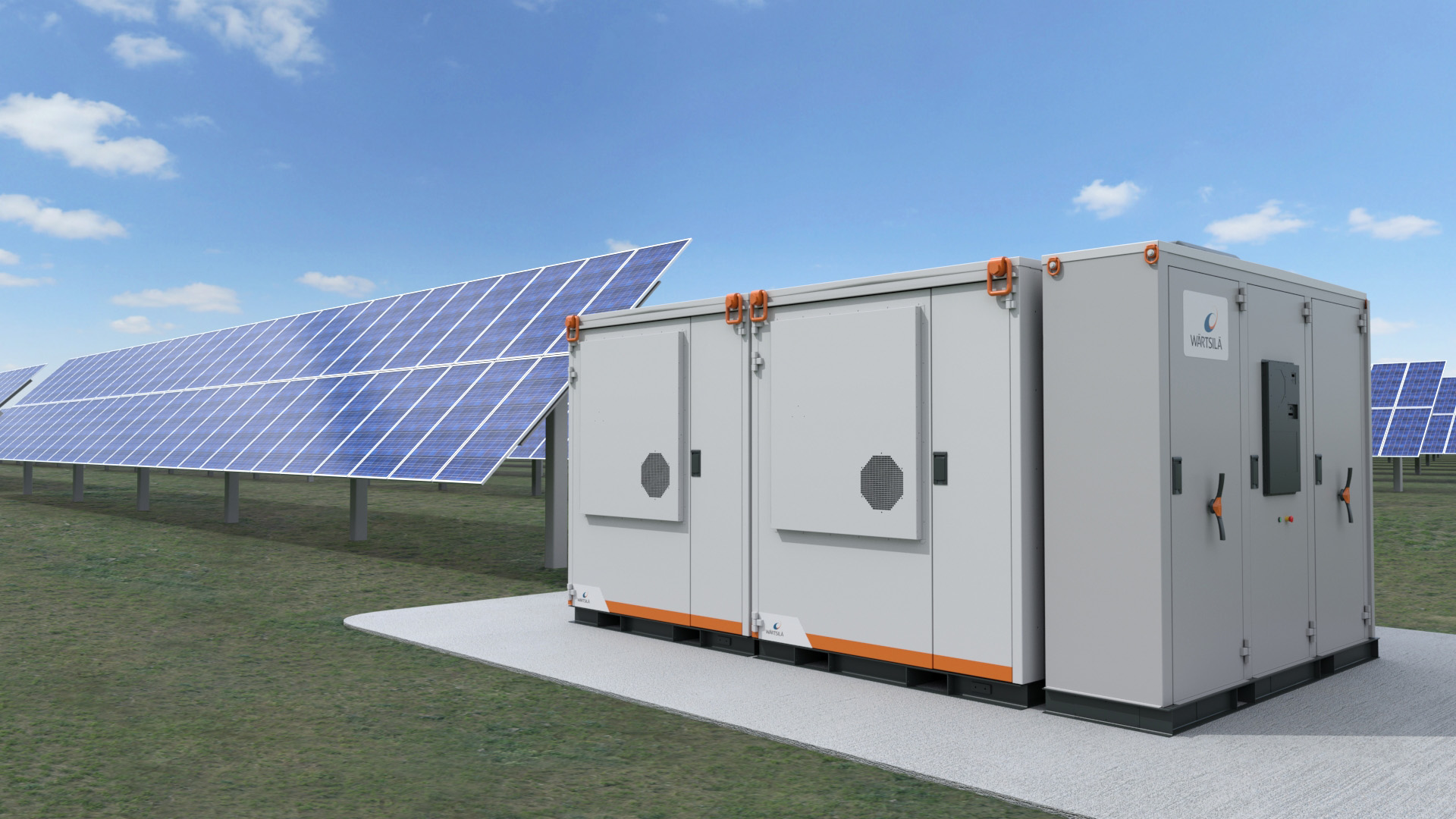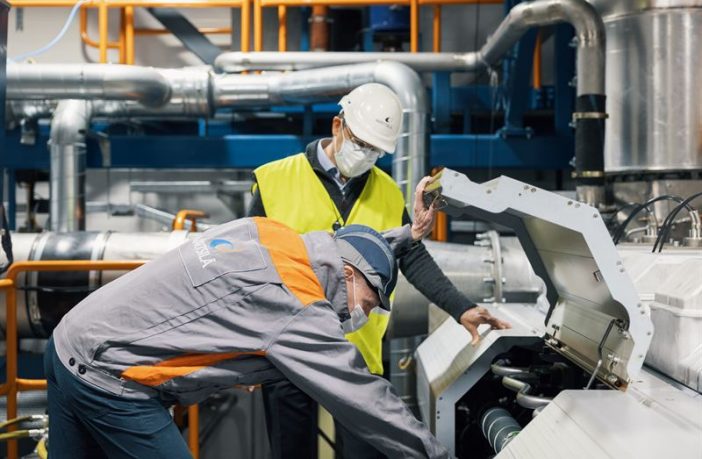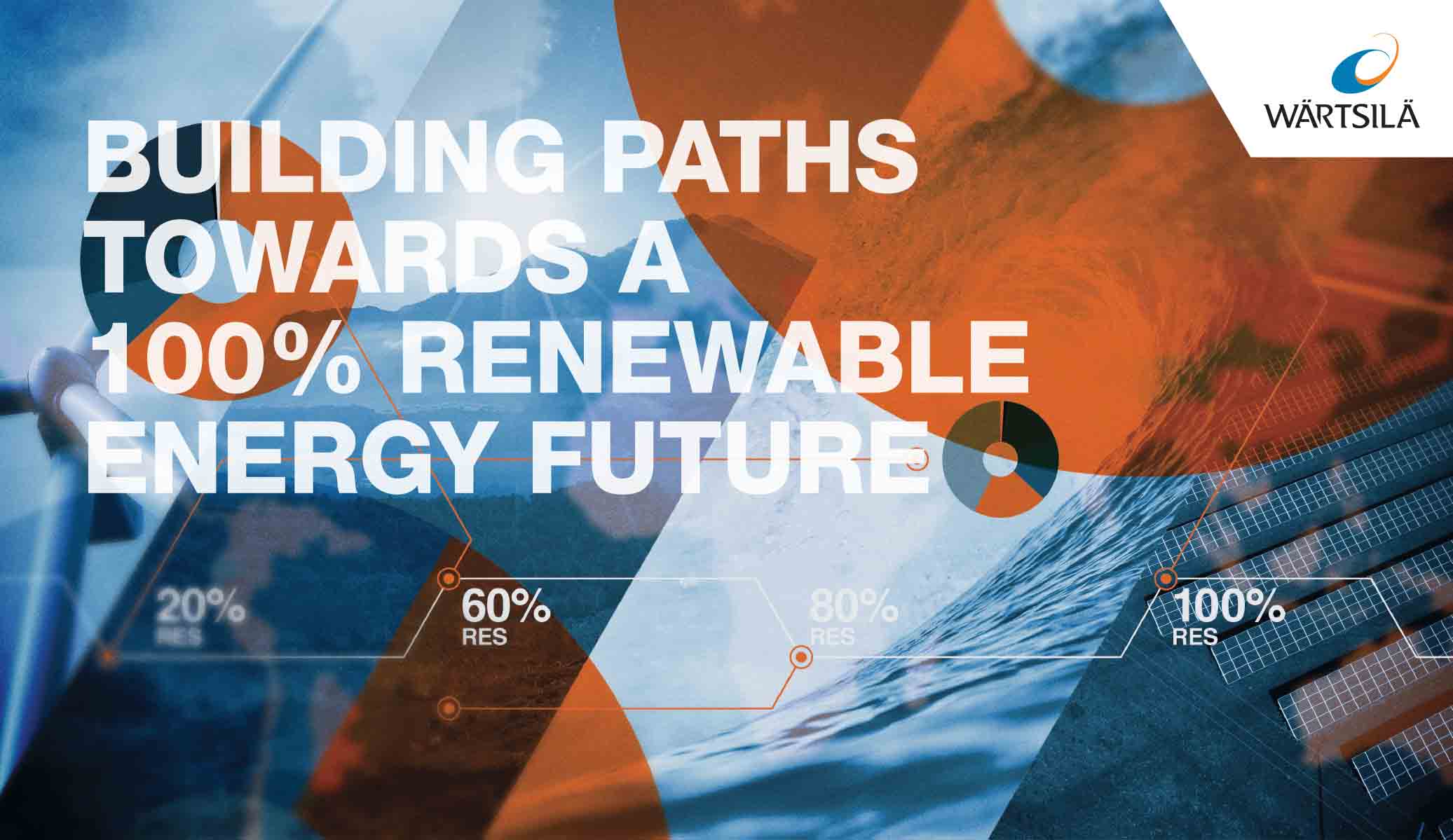Open-Ed
- In the past few years, we’ve seen the increase of wind and solar power generation as a cost-effective substitute for fossil fuels.
- It’s notorious as a go-to option and the fastest-growing energy source, playing a critical role to achieving a sustainable carbon free future.
- However, with renewable energy not available twenty-four hours a day, the need for balanced and flexible power generation is becoming rapidly apparent.
- An integration of energy storage, coal repurposing and innovative energy technologies are required.
To improve reliability, Wärtsilä, has introduced high efficiency reciprocating and flexible energy solutions that provide value to the South African energy market. As a global leader in innovative technologies, the company provides distinct value and differentiation, providing energy systems that support a broad portfolio of generating assets.
The use of technology innovations to improve the energy sector
Wärtsilä’s purpose is to build a sustainable energy system – one that is carbon neutral, efficient and diverse in resources. The company believes that for a successful energy transformation to be in effect, the sector needs to improve accessibility, affordability, as well as security. Amongst some of their technological innovations, Wärtsilä has developed a high-efficiency, high-performing modelling tool, which is powered by artificial intelligence. The tool is used across the country to bring valuable insights and integrated resource plans, flexible thermal balancing, and coal repurposing concepts, that positively impact the energy market.
“One of the differentiations that Wärtsilä brings to various regions is our ability to undertake complex power system modelling. Our modelling calculates decarbonisation of energy systems, considering the lowest cost of electricity, while making sure that security and grid stability are maintained at acceptable levels,” says Sujen Balakisson, Business Development Manager for Wärtsilä Africa.

Wärtsilä GEMS platform will provide several advantages to islanded systems which have until now been rare for even big grids. These include amongst other things: short term overload capacity, voltage support, black starts and peak shaving. Image credit: Wärtsilä
Using global best practices to deliver efficient local energy solutions
With almost three decades of global expertise, Wärtsilä provides a proven valuable product base that helps refine information and energy solutions in South Africa. As the economy begins to venture towards clean energy and sustainable technologies, local collaboration and innovation are more critical than ever. This is especially so in a country where challenges in power supply and the sustainability thereof, are rife.
“While Wärtsilä recognises that each country is unique, it applies global experience to deliver relevant, localised information, to educate local stakeholders of best practices where our solutions have worked. What we do with ageing coal fleet and coal repurposing has grown in recent months. We have been involved in this across the world and have strong tangible results most recently from our project in Australia at AGL Barker Inlet,” says Balakisson.
Enabling a more sustainable society through three key pillars
Wärtsilä’s lifecycle solutions and smart technologies enable the transition to a more sustainable South African society. Its sustainability strategy consists of three interrelated key focuses, which include environmental, economic, and social pillars. These have over the years played a meaningful role in South Africa’s transformation progress.
From a Just Transition standpoint, which places strong emphasis on addressing poverty, inequality, and unemployment; Wärtsilä has spent time planning, supporting, and implementing support for the local supply chain and manufacturing.
“We have gone through an estimated 200 companies that deliver technical functionality needed, and from a quality and price point of view. We believe that over 30% local content can be achieved at gas power plants on a turnkey basis,” continues Balakisson.
Skills development and knowledge transfer is also an important aspect of this. Wärtsilä has graduate and trainee programs that give young people opportunities to integrate them in the workforce, placing them in their offices and those of their suppliers. One such example of the company’s commitment to empower young people is its donation to the Nelson Mandela Metropolitan University of a state-of-the-art Wärtsilä 20 engine, which is currently being used to facilitate teaching within the University`s School of Marine Engineering. This is an important initiative by Wärtsilä to support and stimulate the maritime economy in South Africa.
In living their value of being a sustainable company, Wärtsilä truly trusts in maximising what the local market has to offer. Their CSI initiatives have seen them work across Cape Town, the Northern Cape and Durban, amongst other areas.
Moving forward: policy and mitigation
Wärtsilä believes that South Africa has the answers to reach a 100% sustainable energy future and needs to act. This will involve, for example, the establishment of the independent market operator and the enablement of private power generation by implementing effective wheeling rules and regulations.
“In South Africa’s journey to solves the power crisis, that journey can also support the country’s net-zero aspirations, but this can only be achieved by taking bold steps and being ambitious in our solutions thinking. We believe that our current power crisis and the journey towards net-zero can be and should be looked at collectively. The success hinges all stakeholders aligning on common objectives,” concludes Balakisson.
Author: Bryan Groenendaal

















